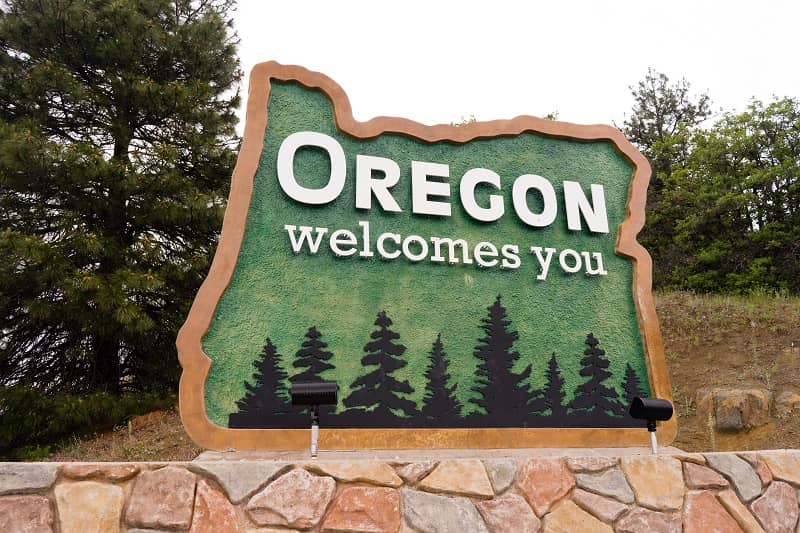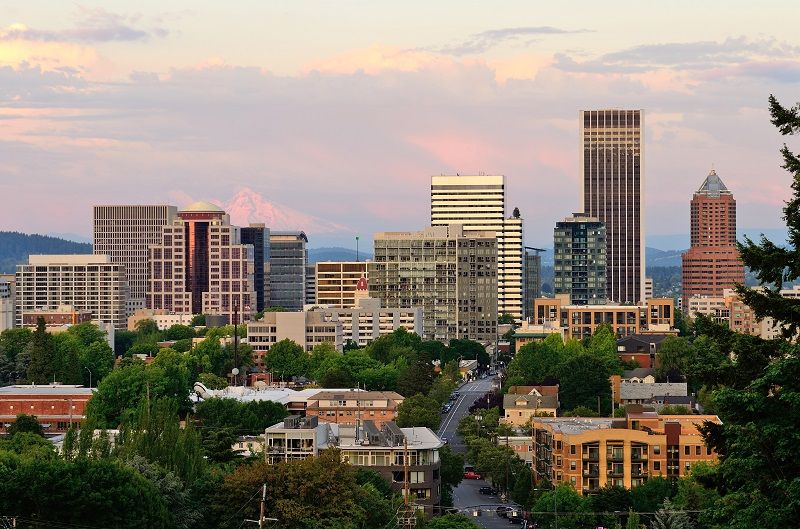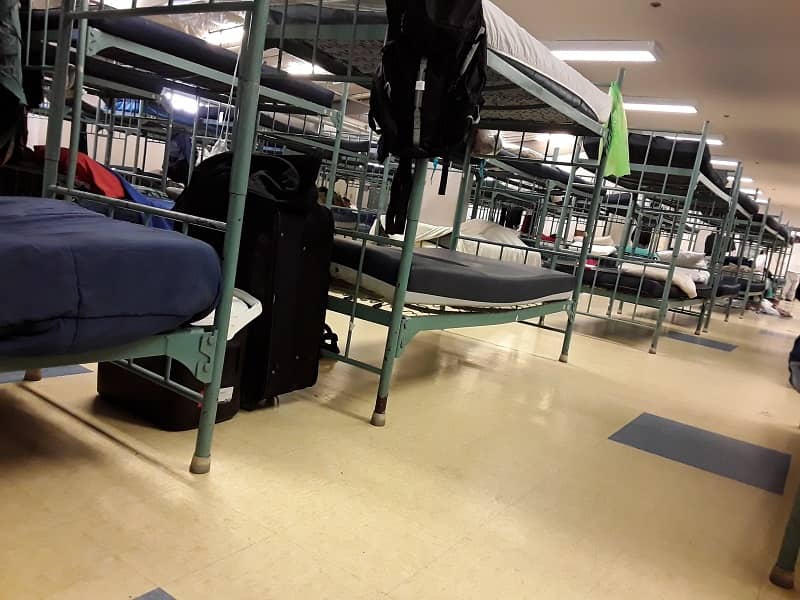The Portland City Council has voted 3-2 to let ridesharing companies Uber and Lyft operate permanently in the city. The normally “progressive” council members’ split decision revealed a conflict of visions that does not fall along ideological lines as much as it falls along lines revealing how they view the future.
Author Virginia Postrel wrote a book in 1998 that virtually foresaw the conflict Portlanders and others around the world are wrestling with in the new sharing/app economy – an economy that didn’t even exist until 2008. In The Future and Its Enemies: The Growing Conflict Over Creativity, Enterprise, and Progress, Postrel argued that the opposing world views of “stasis” and “dynamism” are replacing “left” and “right” as we struggle to define our cultural and political debate in the twenty-first century.
Many large cities, including Portland, have regulated the taxicab industry for over 100 years. Regulating prices and limiting the number of taxis on the road has resulted in a small group of crony capitalist companies benefitting at the expense of their passengers, and often at the expense of their own drivers.
It got so bad in Portland, that for over twenty years beginning in 1976 not one new taxi company was allowed to enter the market. And regulators wouldn’t even let one new cab on the streets unless an owner could prove the demand existed for that vehicle; something that was almost impossible to do even as the city’s population grew.
In 1998, Cascade Policy Institute helped a group of Ethiopian immigrants win approval from the city to start Green Cab, the first new Portland cab company allowed in more than two decades. Regulators agreed, not because the proposal made sense (which it did), but likely because they knew that the libertarian public interest law firm Institute for Justice would go to federal court to protect the economic liberty rights of those wanting to earn an honest living by providing transportation services to consumers.
Once smartphone apps emerged in 2008, the “stasis” of the transportation marketplace began giving way to the “dynamic” future that Uber pioneered in 2010. Thanks to the mobile devices most of us now carry in our pockets, the future of transportation and many other fields are quickly changing for the better…at least in the minds of the dynamists.
Once Uber entered Portland without city approval on December 5, 2014 and thousands of Portlanders put the app on their smartphones, city officials may have realized that most of these folks were also voters. They struck a temporary deal with Uber and agreed to develop new rules that would let it operate permanently in the city.
Even the city commissioner once seen as Uber’s biggest foe, Steve Novick, now says he never understood why the city should have a limited-entry system in which a small number of taxi companies were given a sharply restricted number of permits to operate cabs. He says the taxi companies had a sense of “entitlement” after being treated like a city utility for the past century. After being given authority for taxi regulation by the Mayor, Novick ended the strict limits on taxi permits, and the city increased the number of permits by 64 percent.
Novick set up a Task Force to suggest rules for both taxi companies and ridesharing firms like Uber. Traditional taxi drivers quickly became disappointed that “The Future” wasn’t going to include protections for them and strict limits on their new competitors. On December 2, 2015 Novick joined two other commissioners in voting Yes for dynamism, while two voted to keep the stasis that is quickly becoming transportation’s past.
The foremost opponent of the plan to let Uber operate permanently was commissioner Amanda Fritz. She prepared and read a ten-minute statement before voting No. She delineated several issues she believed were unfair to existing taxi companies and that could be harmful to Portlanders, including relatively low insurance limits for ridesharing drivers when passengers aren’t in their cars. One part of her statement clearly puts her on the side of “stasis” and denies the liberating power that the free market and technology provide for drivers and passengers alike:
“New taxi companies will no longer be scrutinized by the grueling public vetting and approval by City Council in an open public hearing. I feel so sad for my friends in Union Cab, supported by the Communication Workers of America Local 7901. You worked so hard to win approval. You offer dozens of immigrant families not only a chance at the American Dream, but an opportunity to belong to an American union, part of the united American Federation of Labor movement. You achieved the dream, in winning approval of your franchise. And now the majority of Council is telling you you’re an expendable casualty in the free market – the free market that is grinding the working class and the middle class into the servants of the billionaire corporations.”
Contrary to Fritz’s charges, the free market is liberating people worldwide from grinding poverty. In Portland it is allowing several thousand people to work for themselves as full- or part-time Uber and Lyft drivers. It is giving passengers new, cheaper, and quicker options to travel around the city.
The free market and technology are combining to help mold a dynamic future. Those trying to stop this future, including city commissioners who voted against it, are clinging to a stasis that cannot and should not prevail. “The Future and Its Enemies” is playing out right now in the City of Roses. Thankfully, The Future is winning.
Steve Buckstein is Founder and Senior Policy Analyst at Cascade Policy Institute, Oregon’s free market public policy research organization.
Steve was interviewed about this topic on KUIK’s The Jayne Carroll Show on Wednesday, December 9, 2015. You can listen to his interview here.











